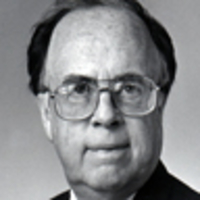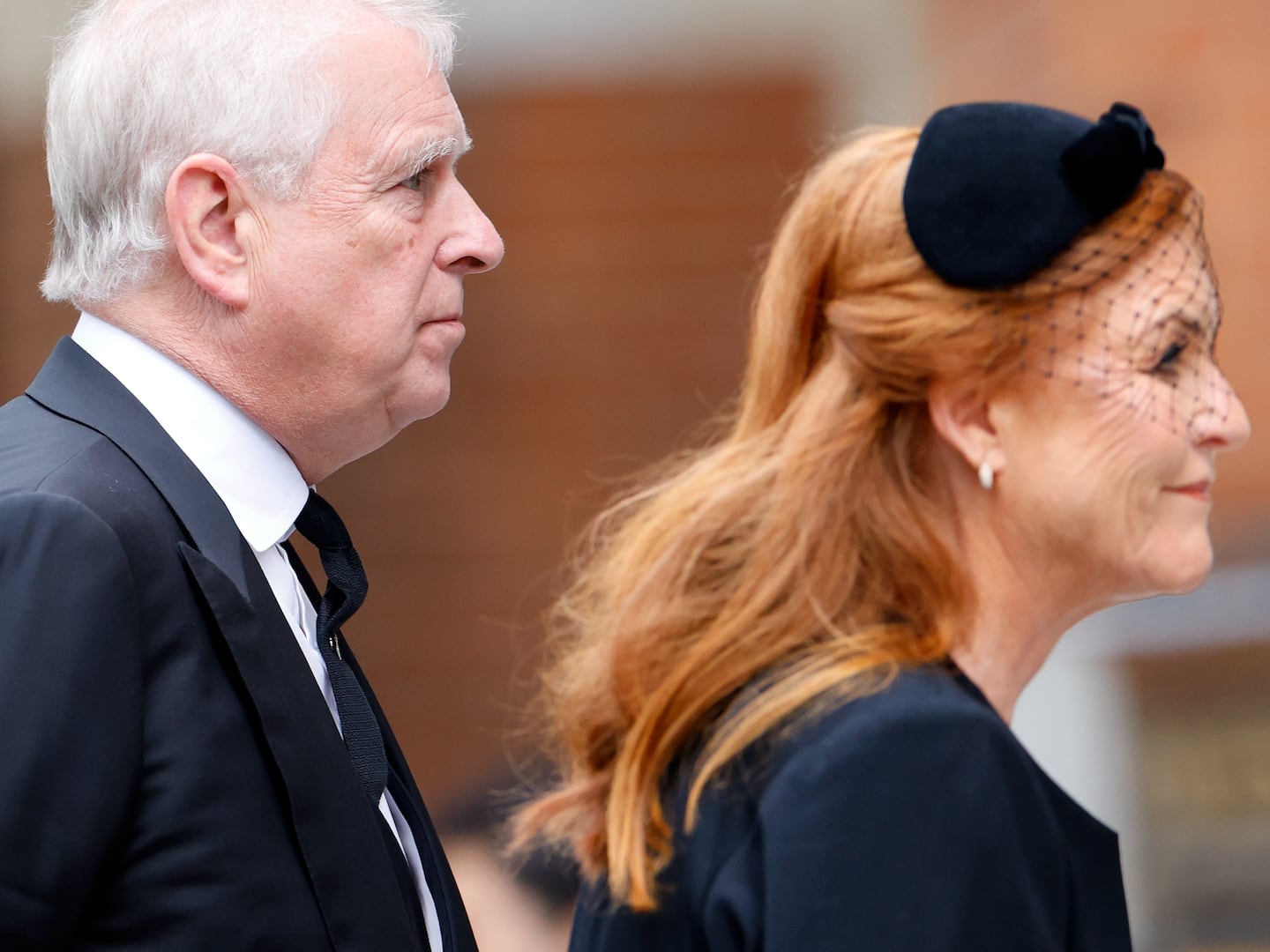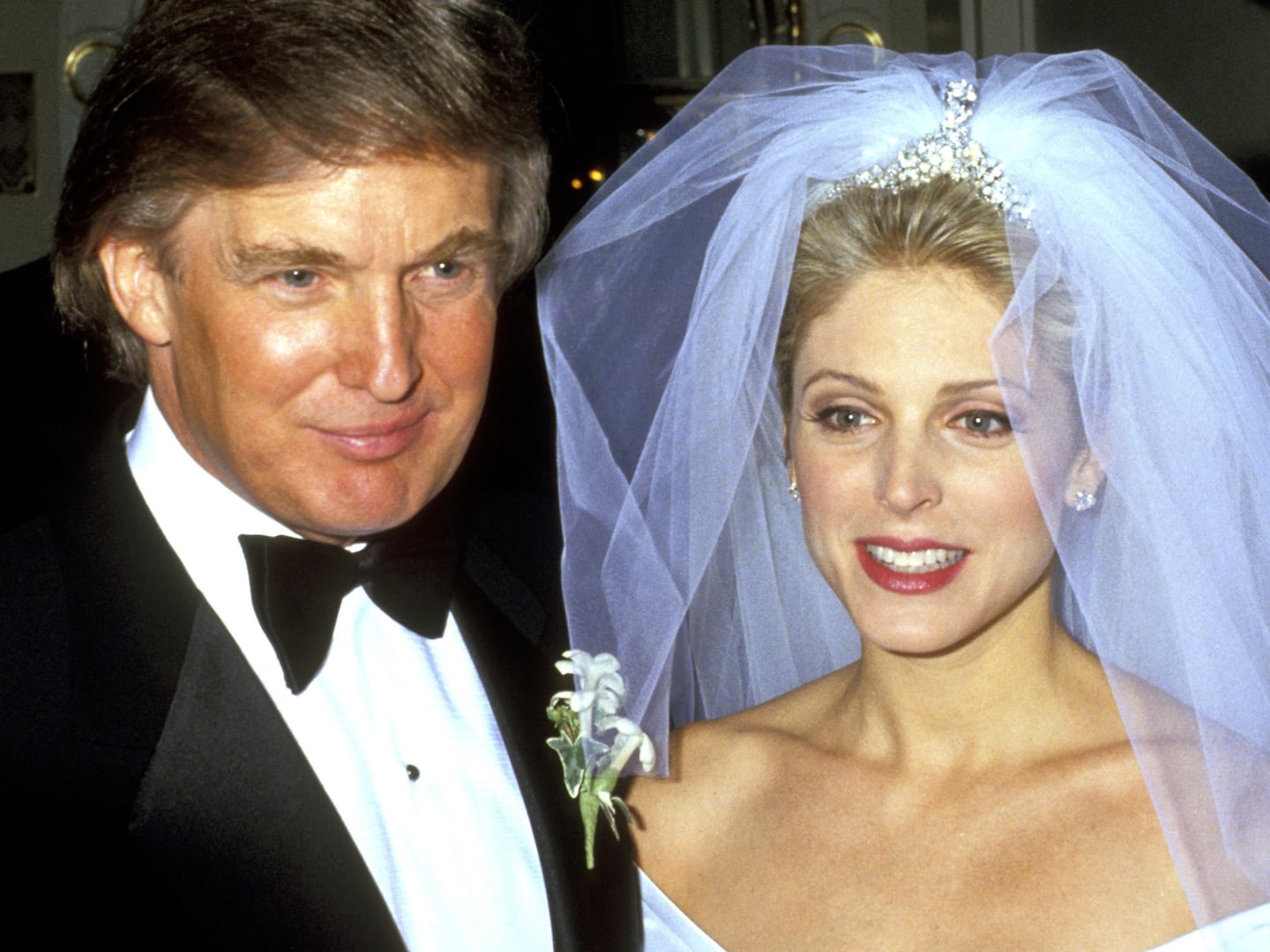
Senator Kennedy's booming voice may be missing from the health care debate raging on Capitol Hill, but he's still coaching from the sidelines, says former New York Times political correspondent Adam Clymer.
The last time Ted Kennedy spoke to the nation was August 25 of last year, when he overcame brain surgery and pain from a kidney stone to tell the Democratic Convention that he had new hope for “the cause of my life—new hope that we will break the old gridlock and guarantee that every American—North, South, East, West, young, old—will have decent, quality health care as a fundamental right and not a privilege. We can meet these challenges with Barack Obama. Yes, we can, and finally, yes, we will.”
But now he is coaching from the sidelines as the Senate tries to fulfill his cause. Chris Dodd of Connecticut will be presiding this week as the Committee on Health, Education, Labor and Pensions finishes work on its bill. Not that Dodd, his closest friend in the Senate, is supplanting Kennedy. As Dodd said Thursday, announcing a new version of the bill that would impose costs on employers who did not cover their workers, “We are all operating under the spirit of Ted Kennedy, who has been the champion of all of this for the last four decades. And so everything that we say today should be framed in the context of things that he has fought for for a long time.”
No one has more authority to tell the Democratic caucus, “This isn't as good as I wish, but it will do a lot of good and it's the best we can get.”
Kennedy talks frequently on the phone with Dodd about how to proceed, what changes might solidify support or get the Congressional Budget Office to view the plan more favorably. He talks individually with other committee members, including the Republicans and sometimes with all of its Democrats by videoconference. And the Kennedy staff, as always among the very best on the Hill, is on top of the committee work.
But yet:
Things seem different without Kennedy’s booming voice. Fellow Senate Democrats and administration figures miss his presence. Indeed, he was last at a committee hearing on March 31. Since then, apart from the phone calls, he has been resting and undergoing therapy—and sailing—on Cape Cod.
Even so, his absence has not yet been critical. Sure, the Republicans on his committee probably would have given him less flack than they are giving Dodd. But the committee’s 12 other Democrats are united and can outvote the 10 Republicans, so the bill will be about the same as if Kennedy had been there. There is no need for either side to compromise yet.
But if he cannot return at all, that will make a difference. After his committee and the Finance Committee (which really has more influence on this kind of legislation) each produce bills, there will be a process of trying to meld them. And that will involve trying to reach accommodations with at least some Republicans. There are few if any senators with Kennedy’s skill at the sort of dealmaking (“We'll give you 80 percent of this provision you love and we hate if you'll accept 80 percent of our pet element which you despise”) that gets things done in the Senate.
Even more important, if such talks do produce a measure he supports, no one has more authority to tell the Democratic caucus, “This isn't as good as I wish, but it will do a lot of good and it's the best we can get.” He's done that on other bills over the years—perhaps most notably in 2003 when he persuaded most of his colleagues to support a Medicare prescription-drug bill that fell short of their (and his) goals.
His frequent co-conspirator, Orrin Hatch of Utah, summed up those talents recently when he told the Los Angeles Times, “I don’t know of any other lawmaker who has the standing with liberal groups that he has and can work with Republicans like me.”
At the convention, Kennedy promised to be back in the Senate in January working on health care. There is no doubt that he would be if he were healthier. For at the March 31 meeting he said, “Few debates in Congress touch our lives as profoundly and personally as health care. Over the past 10 months, I've seen our health-care system up close. I've benefited from the best of medicine. But we have too many uninsured Americans. We have sickness care and not health care... Costs are out of control. But today we have an opportunity like never before to reform our health care.”
Adam Clymer is a former Chief Washington Correspondent of the New York Times and author of Edward M. Kennedy: A Biography.






